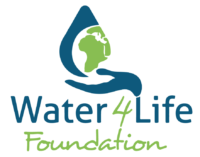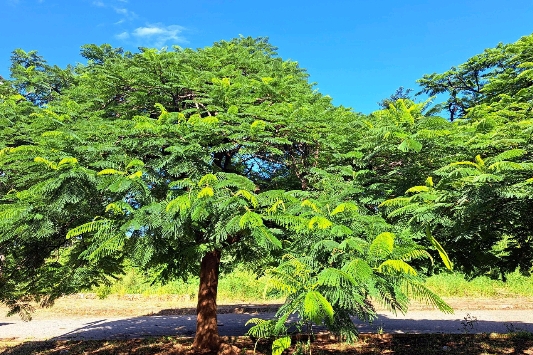We all want a better future, don’t we? One where we can breathe fresh air, drink clean water, and
enjoy nature’s beauty. Yet, the reality is that our planet is facing unprecedented environmental
challenges. Climate change, deforestation, pollution, and loss of biodiversity are threatening our
well-being and that of future generations. But here’s the good news: we can safeguard our shared
future by taking action at the community level. Yes, you read it right: community action can
make a significant difference in environmental sustainability.
But why community action, you might ask? Well, let’s start by looking at the big picture.
Zimbabwe is a country blessed with abundant natural resources, from the majestic Victoria Falls
to the beautiful Inyanga, and the forests that host a rich diversity of flora and fauna. These
resources not only provide livelihoods for many Zimbabweans but also contribute to the
country’s economy and cultural heritage. However, these resources are not infinite, and their
continued availability depends on how well we manage them. That’s where community action
comes in.
Communities are the backbone of environmental sustainability. They are the ones who interact
with the environment on a daily basis, whether by farming, fishing, or hunting. They are also the
ones who bear the brunt of environmental degradation, such as water scarcity, soil erosion, and
crop failure. Therefore, communities have a vested interest in protecting the environment for
their own well-being and that of future generations.
But how can communities take action to safeguard the environment? The answer is simple: by
adopting sustainable practices that promote conservation, restoration, and resilience. Sustainable
practices include, but are not limited to, planting trees, using renewable energy, reducing waste,
conserving water, and protecting biodiversity. These practices not only benefit the environment
but also have social and economic co-benefits, such as creating jobs, reducing poverty, and
improving health.
Moreover, community action can leverage collective power and create a ripple effect. When one
community adopts sustainable practices, it can inspire others to follow suit. When communities
come together to advocate for environmental policies, they can influence decision-makers at
higher levels. When communities share knowledge and resources, they can scale up their impact
and address environmental challenges more effectively.
So, the question is, are you ready to take action for environmental sustainability in your
community? You don’t have to be an environmental expert or a millionaire to make a difference.
You can start by making small changes in your daily life, such as using reusable bags, turning off
lights when not in use, or composting food scraps. You can also join or start a community group
that focuses on environmental issues and collaborates with others to implement sustainable
practices. You can participate in clean-up campaigns, tree-planting activities, or awareness-
raising events.
In conclusion, safeguarding our shared future requires collective action at the community level.
Communities have the power to protect and restore the environment, and to create a sustainable
and resilient future for all. As a focused Zimbabwean, you have the opportunity and the
responsibility to contribute to this noble goal. So, let’s roll up our sleeves, join hands, and make a
positive impact on the environment and our future!
Image and Article by Mc Authur A .Mkwapatira
For Water For Life Foundation

